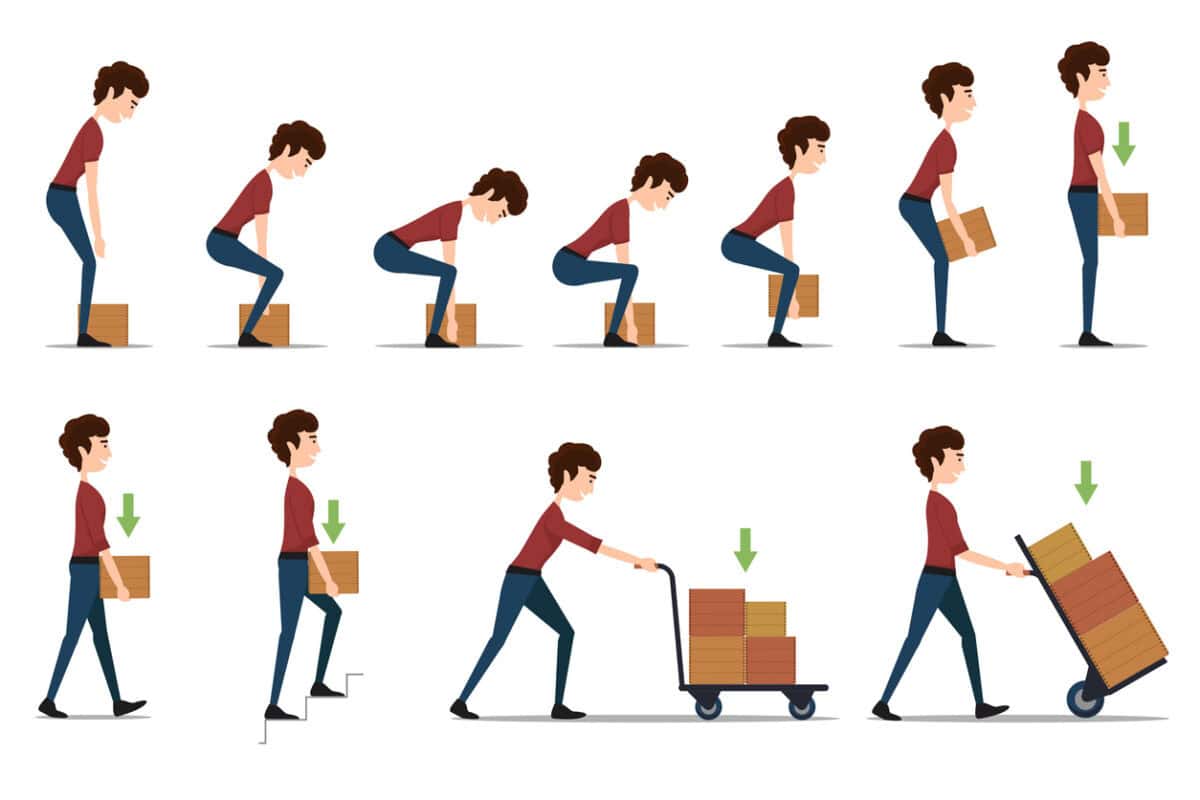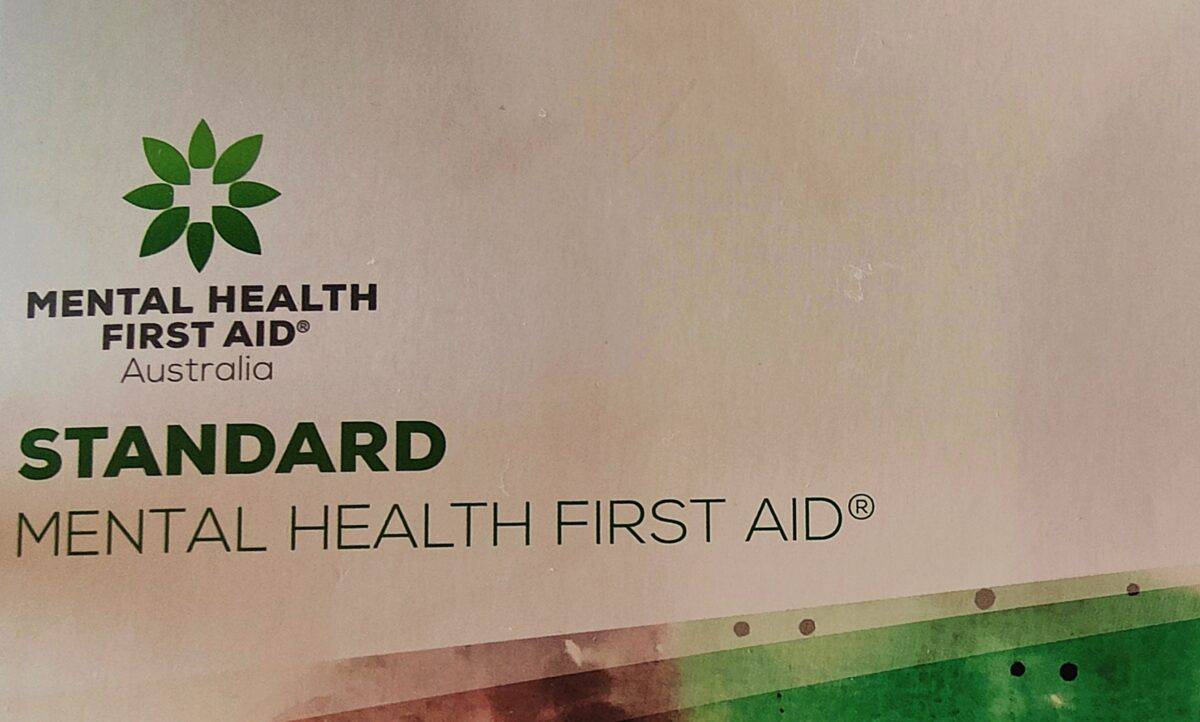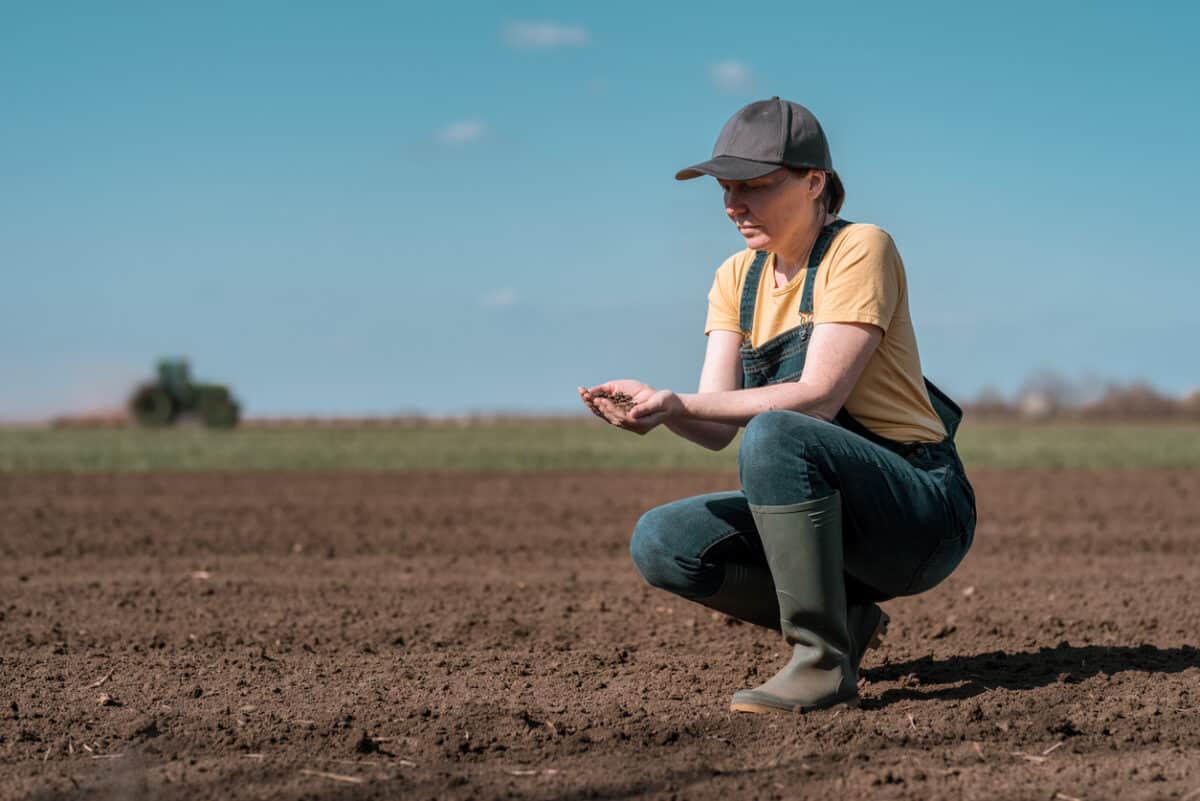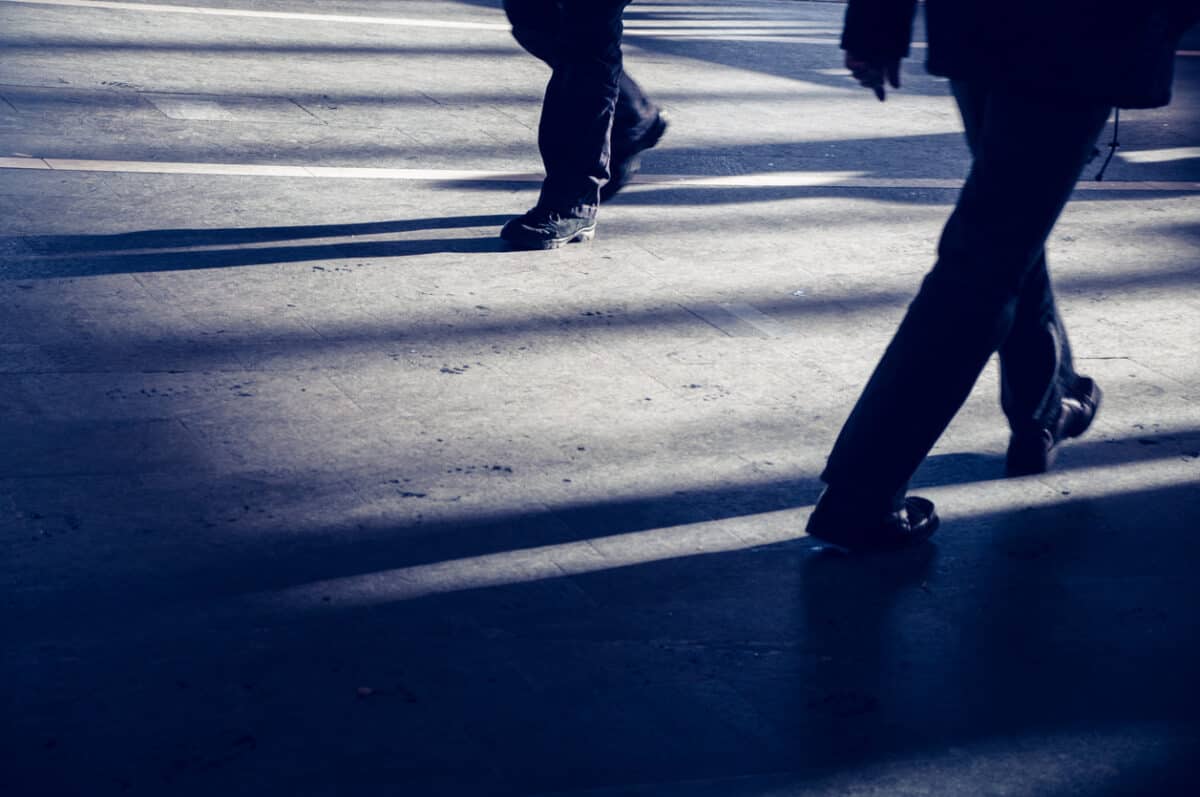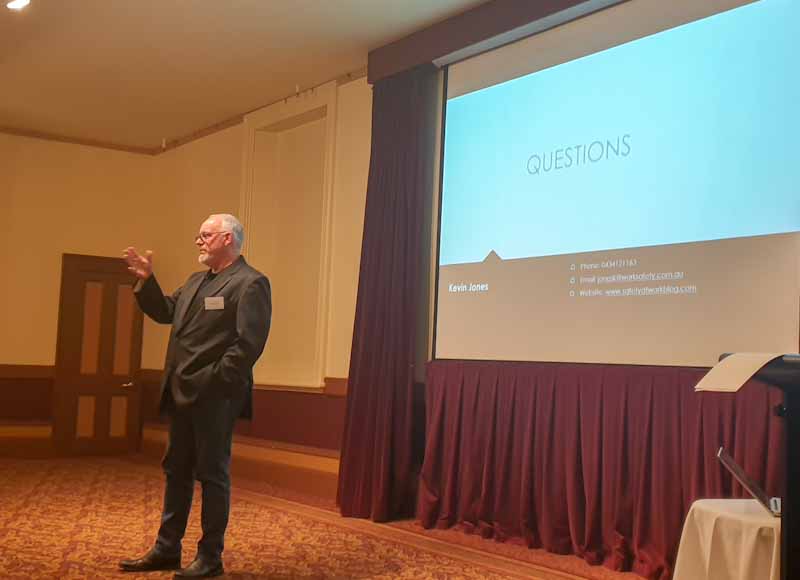Recently, Australia’s Heads of Workplace Safety Authorities (HWSA) produced a position paper that said:
“‘How to lift’ training programs do not reduce the incidence of musculoskeletal disorders. Despite this, a recent survey found that almost 80 percent of employers had provided ‘how to lift’ training to their workers in the past two years…
Providing ‘how to lift’ training does not prevent work-related musculoskeletal disorders. ‘How to lift’ training does not change any of the hazardous manual task risk factors that workers are exposed to, nor does it address the source/s of the musculoskeletal disorder risk…”
This is a further example of employers being sucked into occupational health and safety (OHS) related programs that do not work. Wellness has been seriously questioned, gym ball seating, back belts… and more. However, it seems that research is less of a challenge than communication.

